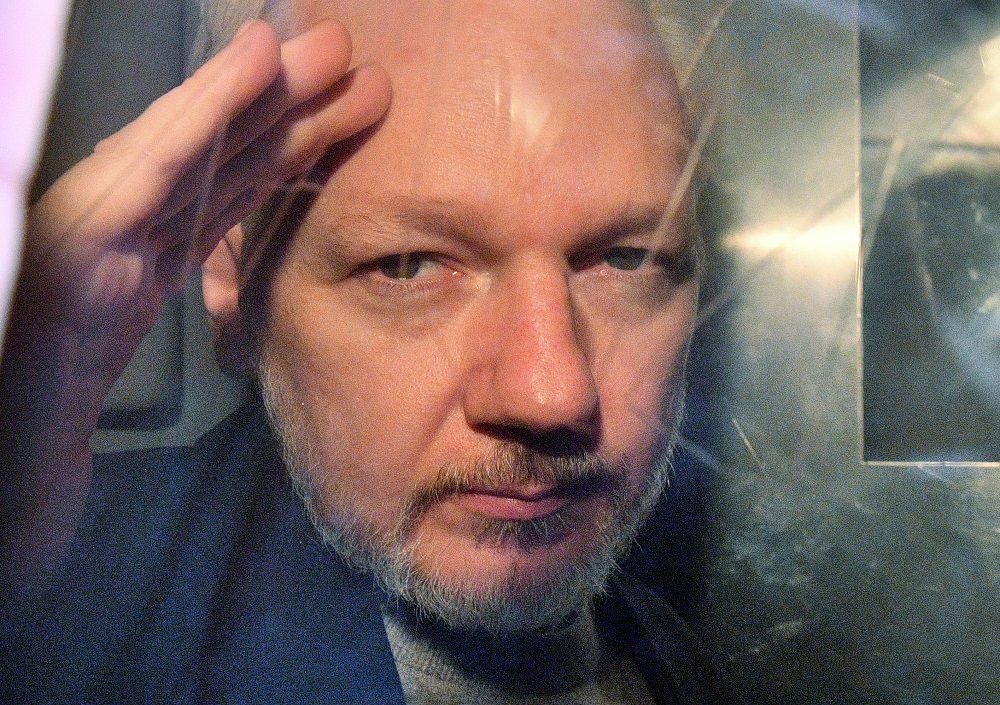Wikileaks founder said offered Trump deal

A London court resumed the trial on Monday to decide whether WikiLeaks founder Julian Assange should be extradited to the United States, which wants him to be tried for espionage in a case that his defenders denounce as key to press freedom. Amonh his revelations in the past were reports of a former US Ambassador to Panama referring to then president Ricardo Martinelli asking for assistance in eavesdropping opponents.
It was his first public appearance since February, when a first week of hearings was held before the case was postponed.
The Australian, 49, was due to return to court in April but the process was delayed by the coronavirus pandemic.
The hearings are now expected to last three to four weeks and are already marked by widespread protests.
The United States charges him with espionage for releasing in 2010 more than 700,000 classified documents on US military and diplomatic activities, mostly in Iraq and Afghanistan, which revealed acts of torture, civilian deaths and other abuses.
Held in a high-security London prison since his arrest in April 2019 at the Ecuadorian embassy, where he lived for seven years, Assange could face 175 years in prison if found guilty by US justice.
For his supporters committee, they are “politically motivated charges” that “represent an unprecedented attack on press freedom.”
Before ruling, the English courts must ensure that the US request is not disproportionate or incompatible with human rights.
Several dozen people, including British designer Vivienne Westwood, demonstrated outside the courthouse on Monday with banners reading “Jail War Criminals, Free Julian Assange!”
The Australian’s partner, Stella Moris, who says she fears that Assange will take his own life, handed over to the British prime minister’s office a petition with 800,000 signatures against his extradition.
“Allowing the extradition of Julian Assange on this basis would have a chilling effect on freedom of the press and, ultimately, could hamper the work of the press as a provider of information and public guardian in democratic societies,” warned the Council of Europe.
The US says that Assange is not a journalist but a “hacker” and claims that he helped intelligence analyst Chelsea Manning steal the secret documents before exposing the material to the eyes of the world.
Assange’s lawyers have been warning for months about his fragile physical and mental state.
In the February hearings, they assured that US President Donald Trump had promised to forgive him if he denied that emails published by WikiLeaks that contributed to the defeat of his Democratic rival Hillary Clinton in the 2016 presidential elections had been leaked by Russia.
The White House has denied this accusation. According to the Australian’s defense, Trump wants to set an “exemplary” punishment in his “war against investigative journalists” and Assange would not have a fair trial in the United States.
“The political persecution is evident,” said former Spanish judge Baltasar Garzón, who coordinates his team of lawyers internationally.





